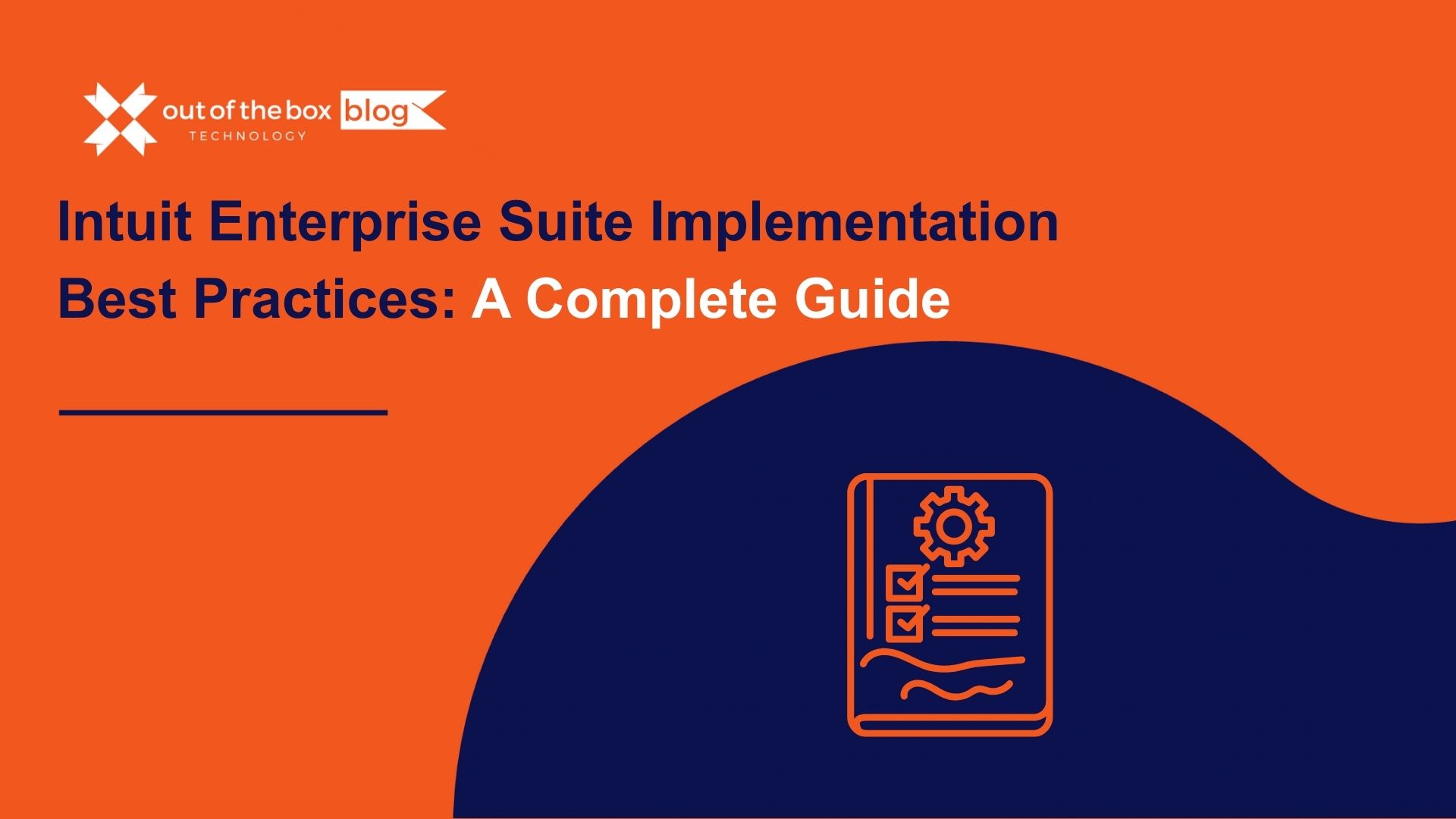Tax season is a critical time for small business owners, but it doesn’t have to be a stressful one. With the right preparation, you can streamline the process, maximize deductions, and ensure compliance with tax laws. In this definitive guide, we’ll walk you through essential steps to prepare for tax season, offer practical examples, and share data points to help your small business succeed.
1. Start with Accurate Bookkeeping
The foundation of smooth tax preparation is accurate bookkeeping. Keeping your financial records up to date throughout the year ensures that you won’t have to scramble to gather information when tax deadlines approach.
Key Tasks:
- Track Income and Expenses: Ensure that all income and expenses are recorded in your accounting software (e.g., QuickBooks or Xero). This will help you generate reports, such as profit and loss statements, that you’ll need for tax filing.
- Reconcile Accounts: Regularly reconcile your bank accounts, credit card statements, and other financial accounts to ensure that they match your recorded transactions.
- Maintain Proper Documentation: Keep records of all receipts, invoices, and financial documents for at least three to seven years, as required by the IRS.
Example: A local bakery might track daily sales, supplier payments, and payroll using QuickBooks. By reconciling these transactions each month, the bakery’s owner can ensure that the financial records are accurate and ready for tax season.
Data Point: According to a survey by TD Bank, 40% of small business owners find bookkeeping and taxes to be the most stressful part of running their business. Starting early with accurate records can alleviate much of this stress.
2. Understand Your Tax Obligations
Small businesses have various tax obligations, which depend on your business structure (sole proprietorship, LLC, S-Corp, etc.) and industry. Understanding these obligations is essential for avoiding penalties and ensuring that you’re paying the correct amount of taxes.
Common Tax Types:
- Income Tax: Most businesses are required to file an annual income tax return. The filing deadline for most small businesses is April 15.
- Self-Employment Tax: If you’re self-employed, you’ll need to pay self-employment tax, which covers Social Security and Medicare.
- Estimated Taxes: If your business doesn’t withhold taxes from your income (as in the case of sole proprietors or freelancers), you’ll need to make estimated tax payments quarterly.
- Payroll Taxes: If you have employees, you’ll need to withhold federal and state taxes from their wages and remit them to the IRS and state tax agencies.
Data Point: The National Small Business Association reports that 33% of small businesses spend more than 80 hours per year handling federal taxes. Understanding your tax obligations can reduce time spent on tax preparation and help avoid costly mistakes.
3. Maximize Your Deductions
One of the most significant advantages of preparing early for tax season is the opportunity to identify and maximize deductions. Deductions reduce your taxable income, potentially saving you thousands of dollars in taxes.
Common Small Business Deductions:
- Home Office Deduction: If you use part of your home exclusively for business, you can deduct a portion of your rent or mortgage, utilities, and internet costs.
- Vehicle Expenses: If you use a vehicle for business purposes, you can deduct either the actual expenses (e.g., gas, repairs) or take the standard mileage deduction (currently 65.5 cents per mile for 2023).
- Supplies and Equipment: You can deduct the cost of supplies, equipment, and tools needed to run your business.
- Employee Benefits: Expenses related to employee benefits, such as health insurance and retirement contributions, are tax-deductible.
- Professional Services: Fees paid to accountants, lawyers, and other professionals can be deducted as business expenses.
Example: A freelance graphic designer works from home and uses their vehicle to meet with clients. By claiming the home office deduction and deducting vehicle mileage, they significantly reduce their taxable income and lower their overall tax burden.
Data Point: According to Intuit, small businesses can save up to $18,000 annually through proper deductions and tax credits.
4. Organize Your Financial Documents
Keeping your financial documents well-organized is critical for tax season. Not only will this make the filing process smoother, but it will also ensure that you have everything you need in case of an audit.
Essential Documents to Gather:
- Profit and Loss Statements: Summarize your income and expenses for the year. This will be necessary for calculating your taxable income.
- Receipts and Invoices: Keep digital or physical copies of receipts and invoices for all business-related purchases. These support your deduction claims.
- Bank and Credit Card Statements: Use these to cross-reference and verify your income and expenses.
- Payroll Records: If you have employees, make sure all payroll records are up to date and accurate. This includes W-2s and 1099 forms for contractors.
Example: A marketing agency can use cloud-based storage (like Google Drive) to keep all its financial documents, including receipts, contracts, and invoices, in one place. When tax season arrives, the agency’s accountant can quickly access and review the documents to ensure all deductions are accounted for.
Data Point: According to the IRS, 25% of small businesses make mistakes in tax filings due to poor record-keeping. Having organized financial documents can help you avoid these errors.
5. Leverage Tax Software or a Professional Accountant
When tax season arrives, you have two primary options: use tax preparation software or hire a professional accountant. Both have their advantages, but the choice depends on your business’s complexity and your comfort level with tax regulations.
Tax Software
- Affordable: Tax software like TurboTax, H&R Block, or QuickBooks is relatively inexpensive and easy to use, making it ideal for small businesses with straightforward tax needs.
- Convenient: Most tax software allows you to import data from your bookkeeping software, which simplifies the filing process.
Professional Accountant
- Expert Advice: An accountant can provide personalized tax advice, help you maximize deductions, and ensure compliance with tax regulations.
- Time-Saving: An accountant will handle all the paperwork, allowing you to focus on running your business.
- Audit Support: If you’re audited, having an accountant who understands your financials and tax filings can be invaluable.
Example: A small construction company with multiple employees, vehicles, and equipment may prefer to hire an accountant to manage the complexities of payroll taxes, equipment depreciation, and worker benefits. Meanwhile, a sole proprietor with minimal expenses may choose to use tax software to file their returns.
Data Point: A study by the National Association of Small Business Professionals found that businesses that hire professional accountants are 20% less likely to make errors on their tax filings than those that use software alone.
6. Know Your Deadlines
Missing tax deadlines can result in hefty penalties and interest charges. Make sure you’re aware of the key tax deadlines for your business:
Important Dates:
- January 31: Deadline to send W-2s to employees and 1099 forms to independent contractors.
- March 15: Filing deadline for S-Corps and partnerships.
- April 15: Filing deadline for most small businesses (sole proprietorships, LLCs, and C-Corps).
Data Point: The IRS reports that 20% of small businesses are hit with penalties for late filings each year. To avoid this, set reminders well in advance of the deadlines, and consider filing for an extension if needed.
Conclusion: Be Proactive to Reduce Stress
Tax season doesn’t have to be overwhelming. By starting early, keeping accurate records, and understanding your tax obligations, you can navigate the process smoothly and even find opportunities to save on your tax bill. Whether you choose to handle your taxes on your own or with the help of a professional, the key to success is preparation.
By following this definitive guide, you’ll ensure that your small business is not only compliant with tax laws but also positioned to maximize deductions and minimize stress when tax season rolls around.
Meet with a QuickBooks service expert today!
Schedule a complimentary QuickBooks service consultation to find out the how our professional bookkeeping services can help you get ready for tax season and stay compliant.




